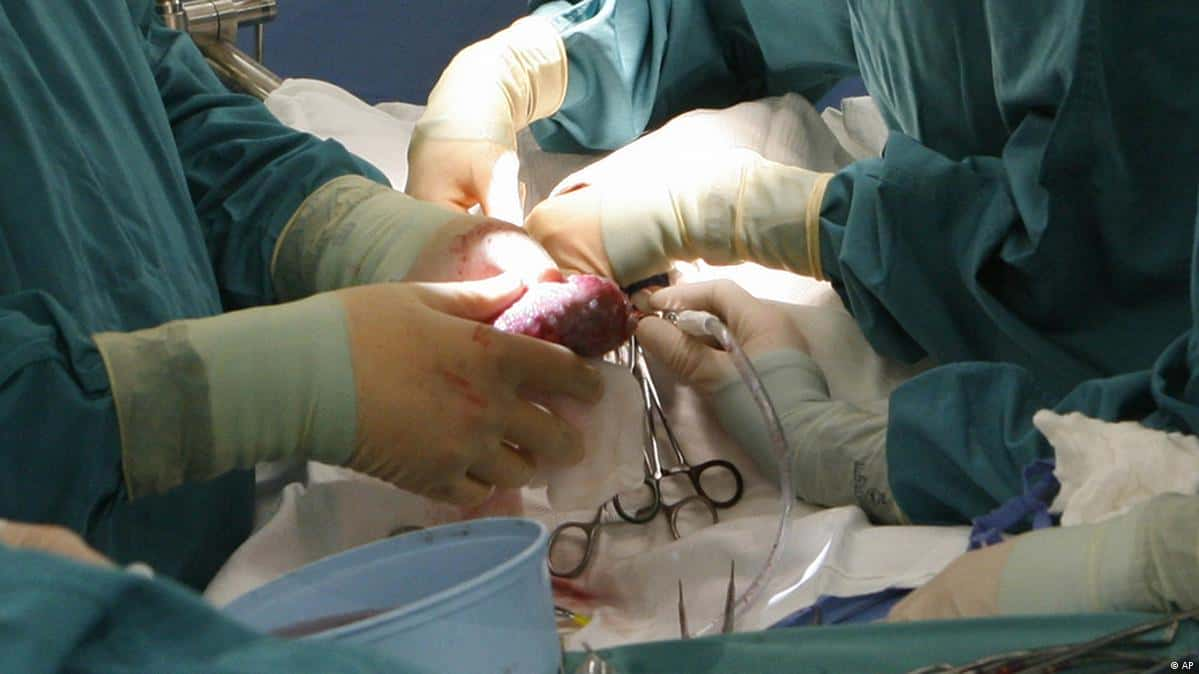Living in constant fear of organ rejection, Dame used to rely on simple blood tests from the comfort of his home in Maryland.

Organ transplant patients like Evan Dame face increased challenges in monitoring their health as federal changes disrupt their access to crucial at-home blood tests
However, in March, changes in federal policies eliminated the option for at-home tests, forcing organ transplant patients like Dame to travel an hour to a clinic, impacting their work and risking delayed detection of organ rejection.
The Centers for Medicare and Medicaid Services (CMS) cited concerns about overuse and excessive billing for these tests, leading to restrictions that have created barriers for organ transplant patients. Critics, including bipartisan lawmakers, patient advocates, and medical professionals, argue that these changes disproportionately affect low-income individuals and people of color, exacerbating existing healthcare disparities. The American Society of Transplant Surgeons and the American Society of Transplantation are urging CMS to reverse its decision.
The shift towards favoring invasive biopsies over blood tests is raising concerns among transplant surgeons, who argue that this approach is less effective for long-term outcomes
Molecular DNA tests, which can detect early signs of rejection, have shown promise in improving patient outcomes and reducing complications. Opposition to the CMS decision is gaining momentum, with lawmakers, civil rights leaders, and healthcare professionals advocating for the restoration of accessible and non-invasive testing options for organ transplant patients.
READ ALSO: Arctic Ground Squirrels Unveil Insights For Human Brain Health In Pioneering Study




